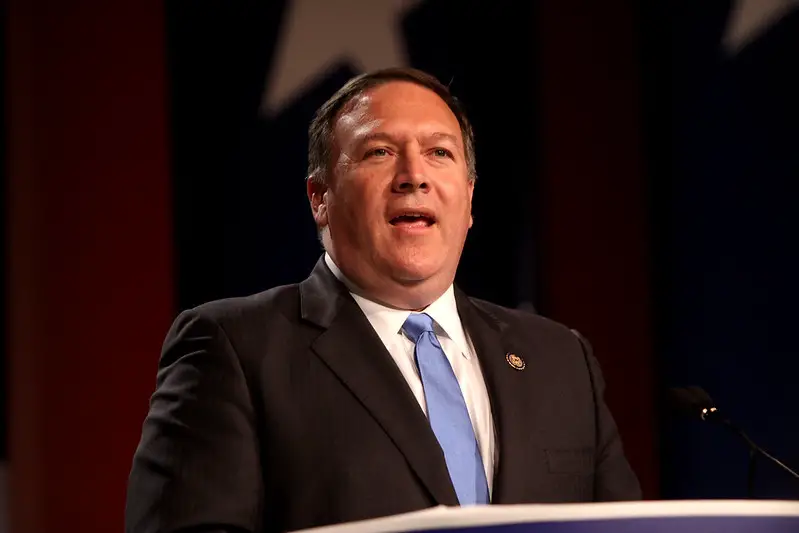Secretary of State Mike Pompeo has urged colleges and universities in the United States to monitor China’s assistance and students because he believes that Beijing is intent on stealing American innovation.
“The Chinese Communist Party knows it can never match our innovation,” Pompeo said. “That’s why it sends 400,000 students a year to the United States of America.”
The outgoing US diplomat made his comments during a visit to the Georgia Institute of Technology. The state of Georgia has a growing Asian-American community and will hold runoff elections next month that will determine which party will control the US Senate.
The outgoing US diplomat also discussed the dangers behind the influence of Confucius Institutes, which he claimed “are literally up to no good.”
“Look, it’s why there are groups on campuses called Chinese Students and Scholars Associations here too. They’re directed and almost always funded by the Chinese Embassy or a local Chinese consulate. Its purpose: to keep tabs on students and to press pro-Beijing causes,” he said.
Pompeo also pointed out that while there were definitely Chinese who “genuinely” wanted to study in the country, the US also had to handle two cases of Chinese students who were charged with spying and other examples of Beijing harassing its students abroad.
The Threat in Education
To further illustrate his point, Pompeo shared how the university’s very own Professor Fei-Ling Wang was targeted by security agents during his trip to China.
“He was held in a secret location for two weeks. Professor Wang was interrogated and threatened. They wanted information about his research about China and his time teaching at my alma mater, West Point,” Pompeo explained.
“He could tell you the stories better than I could. But they thought they could intimidate him or perhaps recruit him because he’s ethnically Chinese. It’s a blessing he’s here with us today.”
Pompeo added that Wang was released after “pressure from the leadership of lots of places,” including from the university and the Carter Center.
An honor to speak yesterday with @GeorgiaTech students about the Chinese Communist Party's actions to degrade our freedoms and national security. We must defend our schools – and our security – from the central threat of our time – the CCP. https://t.co/fS43GREE9m pic.twitter.com/hnBbNi33SD
— Secretary Pompeo (@SecPompeo) December 10, 2020
Some universities in the US have already taken measures against Chinese researchers. This has been the subject of much controversy. Last September, the University of North Texas expelled 15 Chinese government-backed scholars. A petition to revoke its decision has since amassed over 6,400 signatures.
Pompeo Not Invited to Some Universities
Pompeo also publicly called out universities afraid of speaking against China, particularly the Massachusetts Institute of Technology (MIT).
“Why do schools censor themselves? They often do it out of fear of offending China,” he said.
“MIT wasn’t interested in having me to their campus to give this exact set of remarks. President Raphael Reif implied that my arguments might insult their ethnic Chinese students and professors,” he said.
Tense US-China Relations
US-China relations have been uneasy in recent years. The Trump administration launched a trade war against China, delivering three rounds of tariffs in 2018 and a fourth in September 2019. In response, Beijing imposed tariffs ranging from 5 to 25 percent on all US goods.
In 2019, the US also restricted the Chinese telecom giant Huawei’s ability to trade with US firms — a move that many viewed to be a grave escalation in the power struggle between the two countries.
While President-elect Joe Biden agrees that Beijing does pose a challenge, it looks like his administration will be taking a more pacifying tone, with aides pointing out that areas of cooperation are possible — particularly in fighting against the pandemic and climate change.



